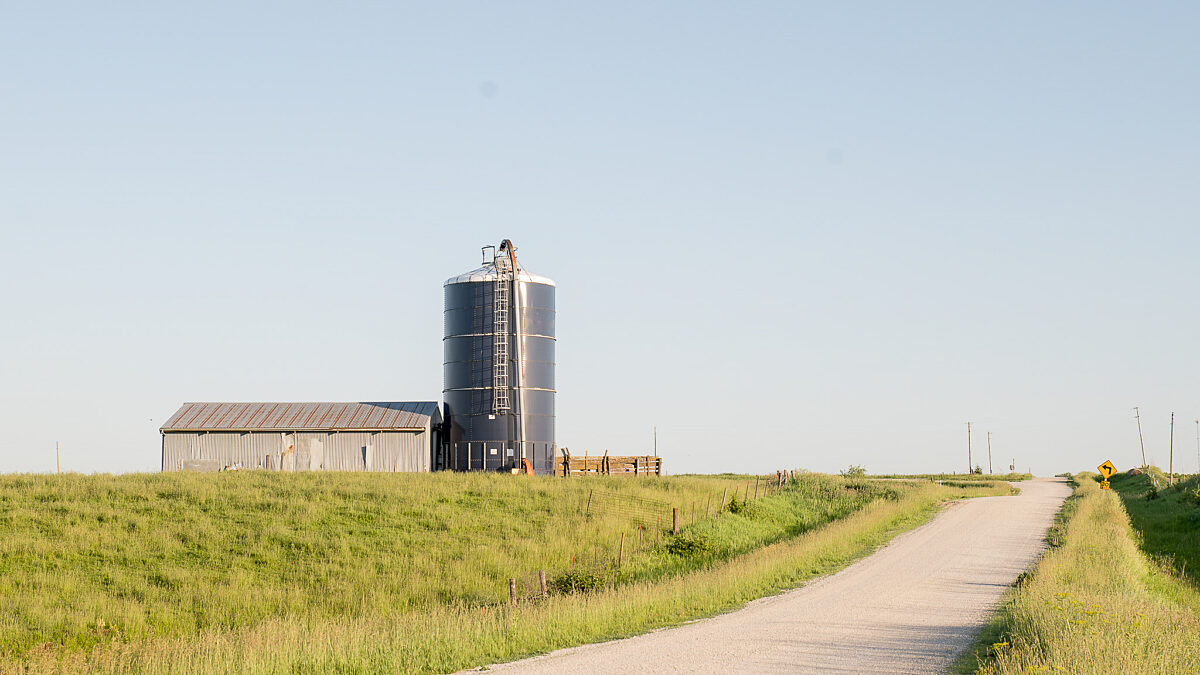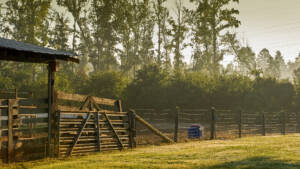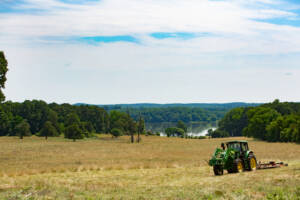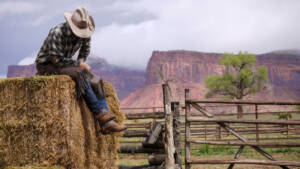Small Farms Play Critical Role in Farm Economy
Faith Parum, Ph.D.
Economist

photo credit: AFBF Photo, Sydney Garrett
Faith Parum, Ph.D.
Economist
Recent data from the US Department of Agriculture demonstrates the important role small farms play in our food system. Mike Davis has more.
Davis: Small farms are often at the center of the discussion around healthy food, but what does that actually mean? Faith Parum, an economist with the American Farm Bureau Federation, explains that the Department of Agriculture has a definition for what can be considered a small farm.
Parum: USDA defines small farms as farms with less than $350,000 of gross cash farm income. That being said, that's gross cash farm income. So that's income before expenses. Expenses for farms that are small, are around or over $200,000 so most of these farms are only actually taking home around 45,000.
Davis: Parum says that while some folks may use small farm and family farm interchangeably, they do not have the same definition.
Parum: Small farm refers to the size of the operation. So like I mentioned earlier, that's how much money they are making in gross cash farm income. And 86% of all farms are considered small. Family farm refers to the ownership structure. So that's how they're legally set up. Ninety-seven percent of all farms are family owned, that can be owned through a partnership or individual families, but they are owned in those family structures.
Davis: She adds that small farms play a big role in the overall farm economy.
Parum: They sustain these communities in terms of revenue into the community, but also jobs, workforce. They help keep schools and hospitals and local businesses open and so without these smaller farms, rural communities would really struggle to maintain the services that make them viable places to, you know, to live and work and raise your family.
Davis: Learn more on the Market Intel page at fb.org.
What We're Saying

Agricultural Groups Sound Alarm about Farmers’ Future
Jan 15, 2026
READ MORE

USDA Announces Payment Rates for Farmer Bridge Assistance Program
Jan 6, 2026
READ MORE

USDA Announces Regenerative Agriculture Initiative
Dec 11, 2025
READ MORE

Farm Relief Payments Bring Needed Support, but Gaps Remain
Dec 10, 2025
READ MORE
